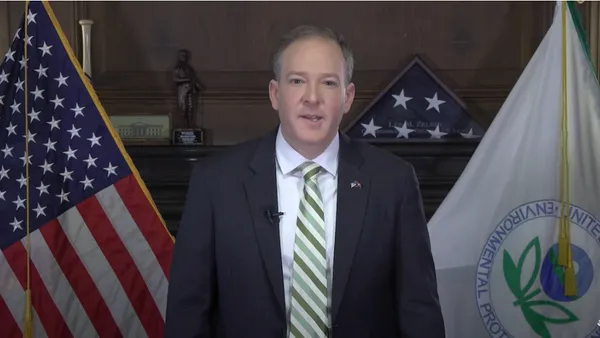Dive Brief:
- Bloomberg Philanthropies announced it is expanding its Arts Innovation and Management (AIM) program, giving $43 million to nonprofit cultural organizations in seven cities: Atlanta, Baltimore, Denver, New Orleans, Pittsburgh, Austin, TX and Washington, DC.
- The investments target small- and mid-size organizations that can "[anchor] neighborhoods and communities," Kate Levin, who oversees Bloomberg Philanthropies' arts program, told The New York Times.
- The invitation-only applications close in June, with selected recipients to be awarded approximately 10% of their annual operating budgets in August.
Dive Insight:
As public and private funding sources for arts organizations have diminished, the AIM program is targeted to ensure mid-size nonprofits become sustainable and continue to play a role in their communities. Including the new funding, Bloomberg Philanthropies has given $108 million to arts groups since 2011. A previous $30 million round of funding from Bloomberg Philanthropies’ AIM program gave money to projects as varied as Los Angeles’ Women in Film, Boston’s Museum of African American History and San Francisco’s Queer Cultural Center.
Recognizing the role of arts in revitalizing neighborhoods and fostering diversity in cities, Bloomberg has also funded a Public Art Challenge and ArtPlace, a venture capital program for projects with ties to the arts.
Aside from financial support, AIM funding recipients will receive management training, one-on-one mentoring and seminars on topics like fundraising, marketing and strategic planning with the DeVos Institute of Arts Management. Recipients must also secure matching funds of up to 20% of the annual grant, an incentive to apply tools from the training programs. "Small and midsize arts groups help form the backbone of local communities and they often operate on tight budgets, so smart management and fundraising are critical to their success," said Mike Bloomberg in the press statement.
Rather than going nationwide, Bloomberg Philanthropies has targeted individual cities for the AIM program. Levin told The New York Times they are "trying to encourage the cultural communities to get better acquainted and bond."










